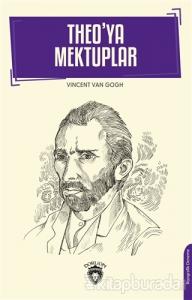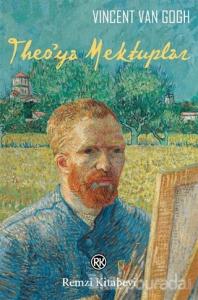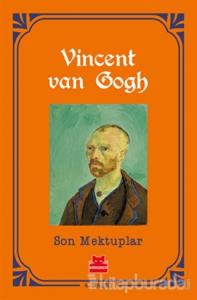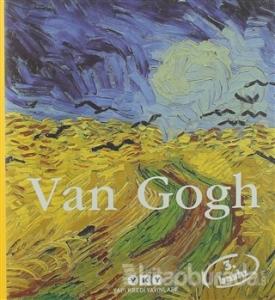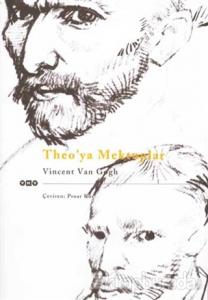The Letters of a Post-Impressionist Being the Familiar Correspondence of Vincent Van Gogh
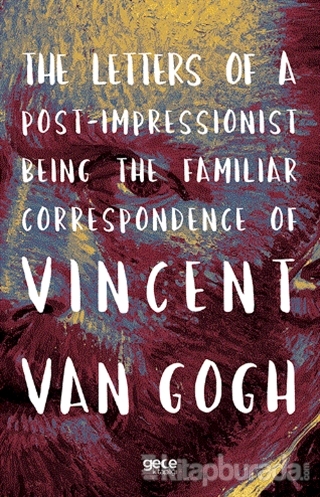
VINCENT VAN GOGH was born in 1853, at Groot-Zundert, a village in the province of North Brabant in Holland, and was the son of a clergyman. Like his two uncles, he was destined to be an art dealer, and from the time when he finished his education, until his twenty-third year, he worked for the firm of Goupil at The Hague, in London, and in Paris. He left Paris to return to England, where for a short time he was engaged as a schoolmaster in the country. But this did not satisfy him either; and he now wished to study theology at Amsterdam. When, however, he discovered that these studies also failed to give him precisely what he was seeking he left for Belgium, where he went among the miners as an evangelist. There among the coal-mines he began to draw. After going to Brussels he returned in 1881 to his home,where he began to pursue independent studies until he moved to The Hague, and for the first time entered into relations with other painters. In 1883 he went into the province of Drenthe, and very shortly afterwards back again to Brabant, where he worked strenuously until 1885. The things he drew and painted there, in Zundert, were already stamped with an exceedingly strong personal character, though they are very different from the works belonging to his later French period. In 1885 he attended the Academy of Antwerp for a few months, and in the spring of 1886 we find him in Paris, where, thanks to his brother, Theodore van Gogh, an art dealer with exceptionally good taste, he became acquainted with the art of the Impressionist school, and entered into personal relations with one or two of its exponents. Very soon after this he travelled southward, and worked first at Arles and later at St. Remy. In the works of this period he approached much more closely to the modern French school than to the art of his native land. The remainder of his life was spent in a Hospital for Diseases of the Nerves at Auvers-sur-Oise, where he died in 1890.
- Açıklama
VINCENT VAN GOGH was born in 1853, at Groot-Zundert, a village in the province of North Brabant in Holland, and was the son of a clergyman. Like his two uncles, he was destined to be an art dealer, and from the time when he finished his education, until his twenty-third year, he worked for the firm of Goupil at The Hague, in London, and in Paris. He left Paris to return to England, where for a short time he was engaged as a schoolmaster in the country. But this did not satisfy him either; and he now wished to study theology at Amsterdam. When, however, he discovered that these studies also failed to give him precisely what he was seeking he left for Belgium, where he went among the miners as an evangelist. There among the coal-mines he began to draw. After going to Brussels he returned in 1881 to his home,where he began to pursue independent studies until he moved to The Hague, and for the first time entered into relations with other painters. In 1883 he went into the province of Drenthe, and very shortly afterwards back again to Brabant, where he worked strenuously until 1885. The things he drew and painted there, in Zundert, were already stamped with an exceedingly strong personal character, though they are very different from the works belonging to his later French period. In 1885 he attended the Academy of Antwerp for a few months, and in the spring of 1886 we find him in Paris, where, thanks to his brother, Theodore van Gogh, an art dealer with exceptionally good taste, he became acquainted with the art of the Impressionist school, and entered into personal relations with one or two of its exponents. Very soon after this he travelled southward, and worked first at Arles and later at St. Remy. In the works of this period he approached much more closely to the modern French school than to the art of his native land. The remainder of his life was spent in a Hospital for Diseases of the Nerves at Auvers-sur-Oise, where he died in 1890.
- Yorumlar
- Yorum yazBu kitaba henüz kimse yorum yapmamıştır.

